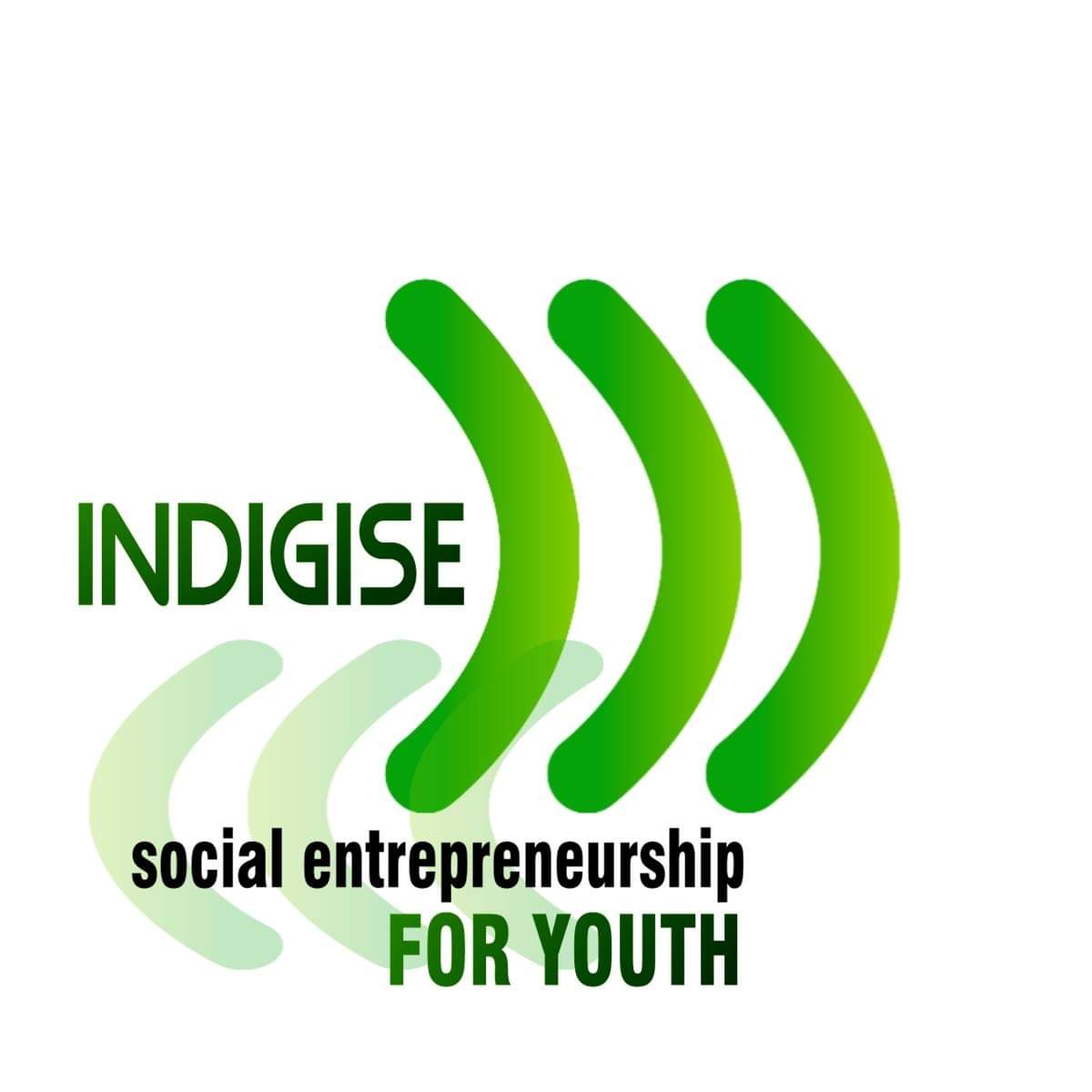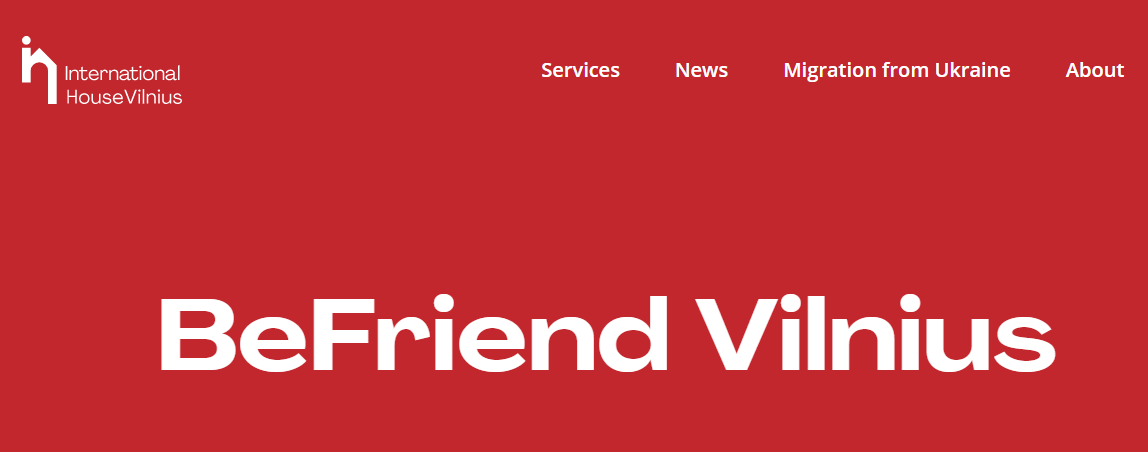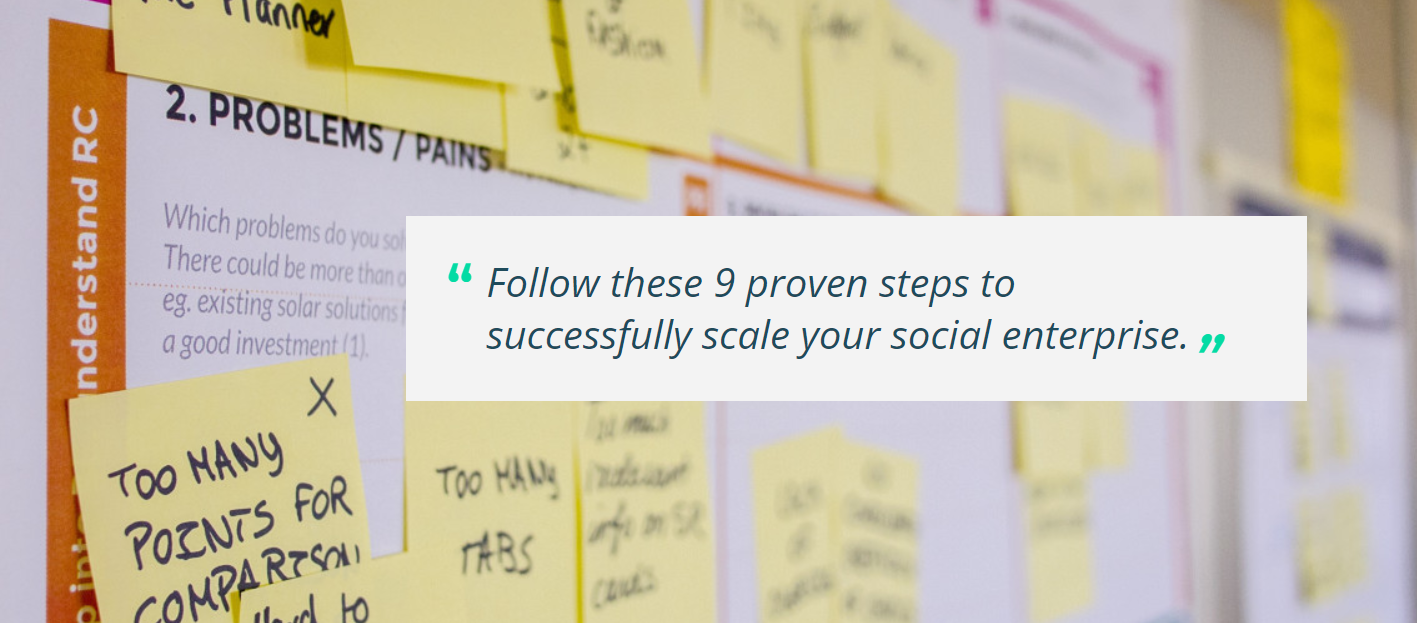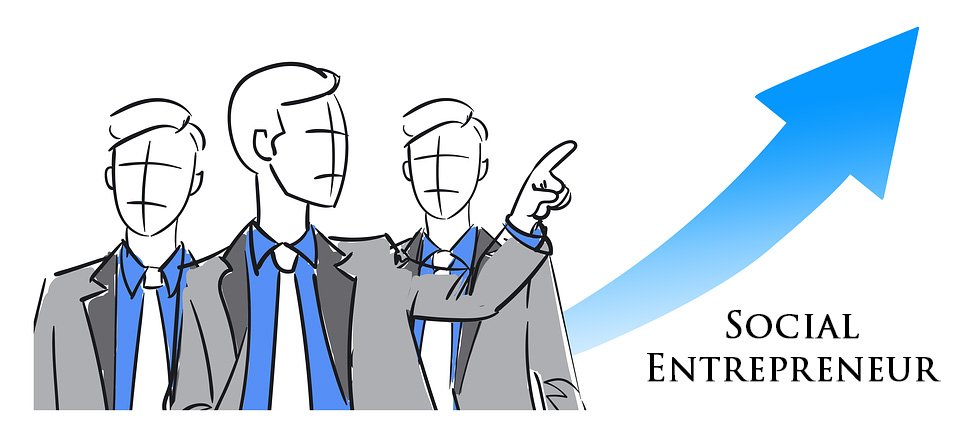Liang Shang from the City University of Hong Kong and Yanto Chandra from The Hong Kong Polytechnic University have developed explicit research on the youth empowerment mechanisms applied in Social Entrepreneurship as a practice-based learning activity implemented in the Hong Kong University. The research poses a research question “How do social enterprises empower its beneficiaries?” and focuses on Soap Cycling, social enterprise founded in 2012 by David Bishop, a lecturer at the University of Hong Kong. It started as an internship project run by University of Hong Kong’s undergraduate students. Now the project is run also in Mainland China, Singapore, Myanmar, Canary Islands, Philippines and India.
Youth empowerment is one of the key missions of Soap Cycling. Soap Cycling is a SE because it seeks to create educational and environmental value while generating revenue from various sources (i.e., donation, fees, etc.) to run its programs. This SE recycles unused soaps to improve sanitation and hygiene of young people in underdeveloped regions. By recycling unused soaps into new soaps, this SE seeks to address pneumonia and diarrhea, two leading killers of the children around the world (International Vaccine Access Center, 2015). These diseases can be prevented with appropriate hand washing with soap and hygiene education (World Health Organization, 2013).
Soap Cycling SE is operated by student volunteers, who are distributed across various managerial positions and operational aspects. These volunteers normally work for 13 weeks (during a semester) as a part of their undergraduate curriculum. With three other co-directors: Baniel Chung (an engineer and marketing expert), Beau Lefler and Dr. Chad Lykins (both lecturers in law at the University of Hong Kong), Bishop provides guidance and advice to students in managing the SE and encourages the volunteers to make decisions and take own actions (Chiu, 2012). Specifically, how does Soap Cycling SE empower students?
The research identified two important elements of youth empowerment in SE not previously discussed in the SE literature, which are: social-capital empowerment and entrepreneurial-capital empowerment. Specifically, social-capital empowerment consists of three sub-elements, which are (1) building social awareness, (2) creating meaningful participation, and (3) developing social connections. The other two elements identified as part of entrepreneurial-capacity empowerment and being central to youth empowerment SE, are: (4) power-sharing between youths and adults, and (5) building entrepreneurial skills.
Social capacity building
Soap Cycling SE empowered student volunteers’ social capacity through three main stages: social awareness building, meaningful participation and enhancing social connections. The social awareness building involves naming the problem, speaking out, raising consciousness, and researching. Before the student volunteers joined Soap Cycling SE activities, many of them lacked awareness of the hygiene problems in developing countries and had no idea what happened to unused soaps in hotels after they were used and how they might be repurposed. The SE develops young people’s social awareness or individuals’ understanding of the needs and historical specificity of social events and process (Dinev & Hart, 2005).
Meaningful Participation
Soap Cycling SE provides volunteering opportunities to university students by engaging them directly in charity work to “learn and help the less fortunate people in the underdeveloped countries”
Social Connections
Soap Cycling SE also provided student volunteers the opportunities to enhance their social connections through social and teamwork development skills. Through cooperation with others, the student volunteers met new people, developed networking, teamwork, communication and interpersonal skills.
Entrepreneurial-Capacity Empowerment
The SE was established to provide a platform for students to develop hands-on entrepreneurial and technical (e.g., IT, law, marketing) experience and better prepare them for future jobs. Research identified two elements of entrepreneurial-capacity empowerment: power-sharing between youth and adults and building entrepreneurial skills.
Power-sharing between youth and adults
Most youth internship programs do not offer students the opportunities to make real decisions, nor to suffer the consequences when they make mistakes. Taking responsibility for own decisions is a critical element in youth empowerment as constructive learning can arise from bearing consequences from one’s own actions.
Soap Cycling is operated by student volunteers and the volunteers are given various managerial positions to handle all administrative and operational aspects of the SE as a part of their 13-week internship. The SE has empowered students to exercise their decision-making power. This enhanced the students’ self-confidence and developed their sense of responsibility, as SE enables power-sharing between youths and adults to work effectively and to suffer from the consequences of their mistakes.
Building entrepreneurial skills
As part of 13-week work, volunteers have to submit an action plan to improve the SE and a general manager evaluates their performance. The volunteers work in various departments, from “strategy” (in charge of developing growth and expansion strategy), marketing (in charge of formulating marketing and branding strategies), manufacturing and delivery, to accounting, human resources, and law. The first-hand entrepreneurial experience helped develop students’ leadership, communication, creative thinking and interpersonal skills and other management skills.
As stated by David Bishop, founder of Soap Cycling, university graduates often lack real-world experience and face difficulties in finding jobs after graduation. He wanted to change this situation and provided the students with a meaningful leadership and management experience.
To know more on how this specific SE achieves its objectives and empowers young people, read full text here or directly on ResearchGate.
For more information on the Soap Cycling, visit the webpage.


This publication has been prepared within INDIGISE project. The content of this publication is the sole responsibility of the project coordinator and may not always reflect the views of the European Commission or the National Agency.
















I’ve been exploring for a bit for any high-quality articles or blog posts on this sort of area . Exploring in Yahoo I at last stumbled upon this site. Reading this info So i’m happy to convey that I have a very good uncanny feeling I discovered exactly what I needed. I most certainly will make certain to don’t forget this website and give it a glance on a constant basis.
Thank you!
Woh I like your content, saved to bookmarks! .